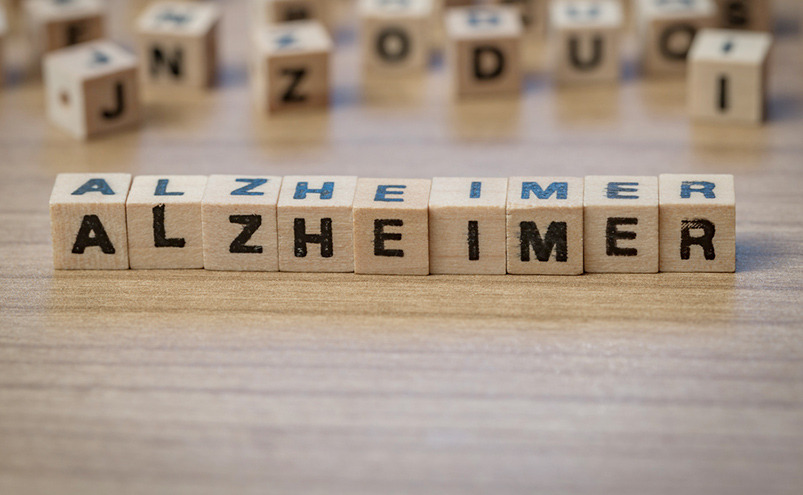Unlike most diseases that hit hard and hit fast, Alzheimer's slowly creeps up into a victim's life and affects every aspect of it, starting with the brain. Brain cells malfunction. Then, they die.
At first, the small things get missed. A sweater is put on backwards without noticing. Phone and keys are lost. Then, more serious symptoms start to emerge. The phone is misplaced in the refrigerator. Appointments are forgotten and missed. You reintroduce yourself to a new guest several times within several minutes. The chances of getting lost on a morning jog through the neighborhood are as high as strolling through an unfamiliar metropolitan city with no map or GPS.
The disease has more in store, though.The bathroom can no longer be found when it's needed the most. The ability to drive, dress, bathe, eat, think, talk, walk, remember, or even sleep is difficult or destroyed.
The number of people affected by this disease is projected to reach 106.8 million by the year 2050. What will our world look like then?
There is nothing normal about Alzheimer's. It is far from being a normal part of aging. Many have reached and fulfilled their years of old age without this progressive brain disorder. Also, it's no longer leaving its mark only on seniors. A recent study published in the March 2015 issue of Brain found accumulation of the brain plaque linked to AD in the nerve cells of adults as young as 20.
So, when is it time to start thinking about AD prevention? It's never too early. Though we cannot pinpoint a single culprit of AD, there are many contributors. Thanks to encouraging research findings, we know three main ways to prevent Alzheimer's:
- Keep your brain "fit". Stay physically active. Even as little as 1.3 hours of vigorous activity or 4 hours of light activity brought benefits for elderly populations. Just how does exercise prevent us from losing our mind?
The brain benefits of cardiovascular fitness are beaming. It increases blood flow to the brain, increases blood volume in important parts of the brain, and it improves brain plasticity, the ability of the brain to reorganize its neural pathways to make room for new information. Exercise may also promote the formation of new blood vessels (angiogenesis), new neurons (neurogenesis), and various neurotransmitters. The brain is also more resistant to brain injury, has less inflammation, and less amyloid plaque buildup.
Most researchers of AD agree that AD is more strongly influenced by physical activity than it is by the more commonly recommended intellectual activities thought to ward off AD. - Obesity today, Alzheimer's tomorrow? Research definitely supports a strong link between the two. Obesity messes with more than just your belly; it messes with your brain. It increases the level of brain proteins associated with AD. Researchers at the University of Oxford found that obesity in your thirties triples the risk. Because of the link between obesity-related insulin resistance and AD, many researchers proposed calling Alzheimer's Disease "type 3 diabetes". How's that for motivation?
- Stay curious. Keep learning fresh new things. Exercise your memory. Download a brain-training, memory, or other strategy games. Challenge yourself to a puzzle. Learn a new language, instrument, or hobby.
REFERENCES
JAMA. 2009 Aug 12; 302(6): 627–637.
JAMA Intern Med. 2013;173(10):894-901.
Clin Interv Aging. 2015; 10: 549–560.














